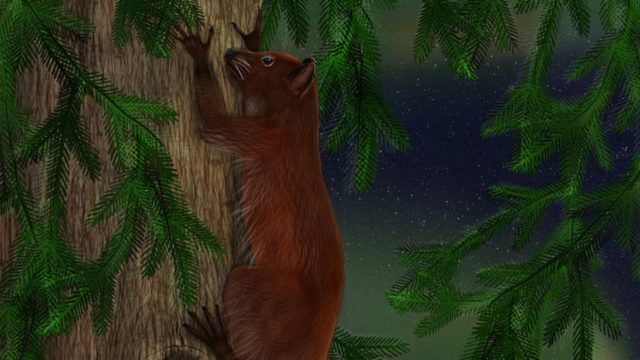MI weekly selection #499

Antidepressants may create antibiotic resistance
Antidepressants may cause bacteria to become resistant to antibiotics, according to a study exposing the bacterium E. coli to five common antidepressants. Researchers need to further explore the effect, which was found in Petri dishes, to study whether these antidepressants can cultivate superbugs in the human body or natural environment.
Full Story: Live Science
A new explanation for why bears rub backs against trees
Researchers believe that bears frequently rub their backs against trees as a way to repel parasitic ticks. The behavior is also known to be a form of communication to attract mates or assert dominance, which may have a reproductive advantage combined with the antiparasitic technique.
Full Story: Newsweek
Scientists find earliest known primates in the Arctic
Researchers discovered two previously unknown species of primates that lived in the Arctic during the Eocene epoch, when the region was warm and muggy. The study of fossilized jaws and teeth from Ellesmere Island in Northern Canada revealed that the primates had strong jaw muscles and were larger than their ancestors, weighing about two kilograms each.
Full Story: Live Science
Method to cut steelmaking emissions
Scientists have designed a new way to retrofit iron and steel furnaces and reduce carbon emissions. The method uses a “closed loop” carbon recycling system that could cut the steelmaking industry’s emissions by almost 90%. Importantly, the method is more cost-effective than phasing out existing plants and replacing them with new furnaces.
Full Story: Bloomberg
Small “hurricanes” unlock new measure of exoplanets
Astronomers have developed a new way to measure and date exoplanets by studying “little hurricanes” within protoplanetary disks surrounding infant stars. The researchers look for uncommon formations such as clumps that are concentrated in the vortices, which allows them to estimate the age and size of exoplanets.
Full Story: Live Science